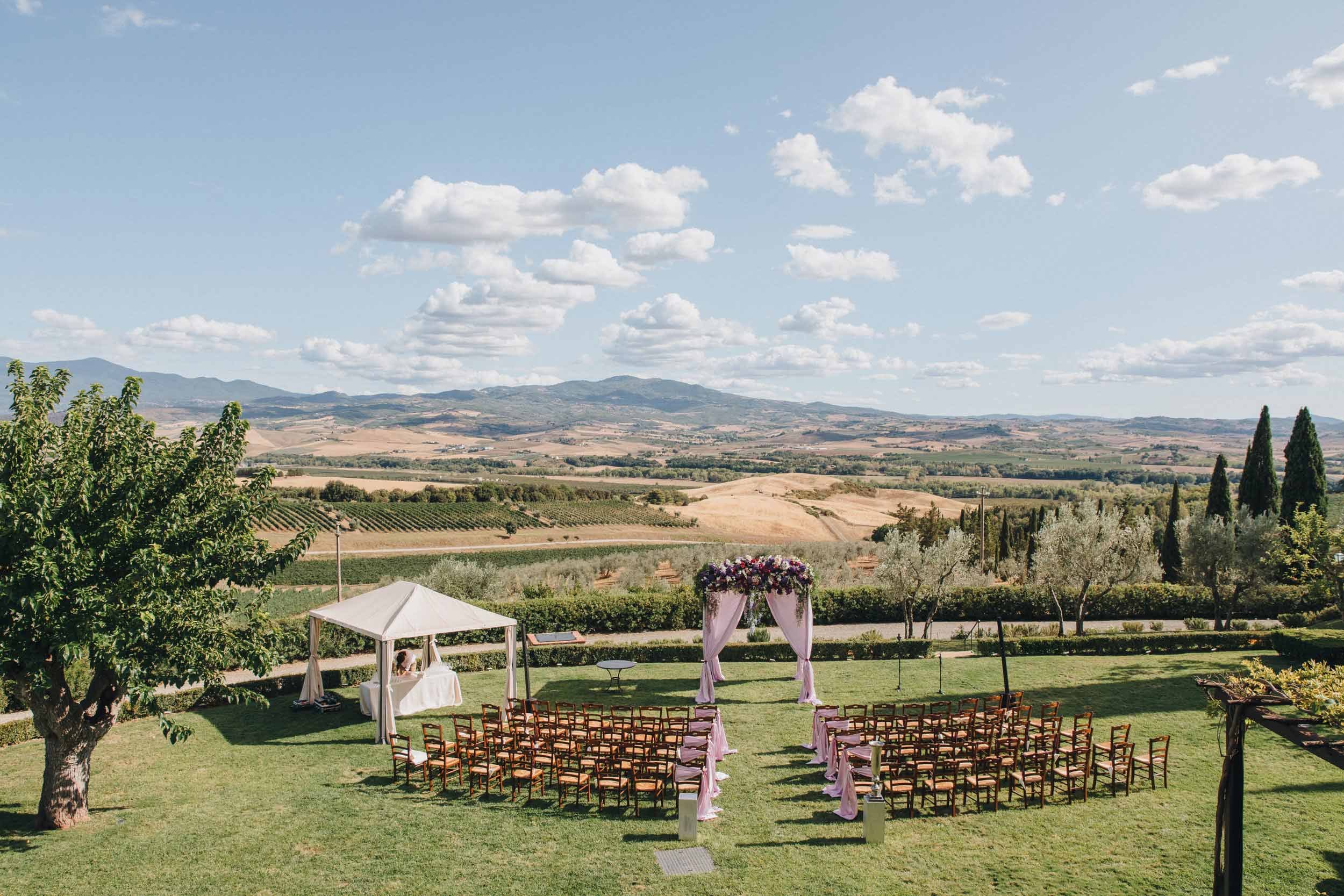How to Choose the Perfect Destination Wedding Location: Tips for an Unforgettable Experience
Planning a wedding is one of the most exciting but challenging experiences, and choosing the perfect location can set the tone for your entire celebration. Destination weddings offer a unique opportunity to blend your special day with a vacation for you and your guests, creating unforgettable memories. From tropical beaches to enchanting castles, the possibilities are endless. In this guide, we'll explore how to choose the perfect destination wedding location, with tips that will make your celebration as unique as your love story.
1. Identify Your Wedding Vision
The first step in choosing the perfect destination wedding location is defining your vision. Do you dream of saying "I do" on a sun-kissed beach, at a historic castle, or in a lush vineyard? Understanding the vibe you want—whether it’s relaxed, adventurous, or luxurious—will help narrow down your options.
For instance, a Mexico destination wedding might be ideal if you’re looking for a vibrant beach backdrop and rich cultural experiences. Alternatively, if you’re drawn to a fairy-tale atmosphere, a Germany destination wedding castle could be the dream setting. Identifying these key elements will guide your decision-making process and make your wedding feel uniquely yours.
2. Consider the Accessibility for Guests
When planning a destination wedding, accessibility should be a top priority. Ensure that the location is convenient for your guests to travel to, considering flight availability, visa requirements, and transportation options. For example, if many of your guests are based in the U.S., a destination wedding in America or the Caribbean might be more accessible and affordable compared to a far-flung location like Southeast Asia.
If your heart is set on an exotic location like St. Lucia or the Bahamas, consider providing your guests with detailed travel guides and estimated travel costs.
3. Evaluate the Weather and Best Time to Visit
The weather can make or break your destination wedding. Research the best time of year to visit your chosen location to avoid seasonal issues like hurricanes, extreme heat, or cold. For instance, the Caribbean, including popular spots like Aruba and the Bahamas, experiences its hurricane season from June to November, making a spring or winter wedding a safer bet.
For European destinations such as Italy or Tuscany, consider the summer months for their beautiful sunny weather, but keep in mind that these times are also peak tourist seasons, which can affect costs and availability. Sites like CNN Travel provide detailed weather guides that can help you make an informed decision.
4. Understand the Legal Requirements and Marriage Laws
Marriage laws vary widely across countries, and understanding these requirements is crucial for a smooth wedding experience. Some destinations have residency requirements or specific documentation needed for legal recognition. For instance, some European countries require couples to be in the country for a few days before the ceremony.
Consider locations that offer straightforward legal processes or have wedding planners familiar with local laws to handle the paperwork. Resources like Wikipedia provide detailed country-specific marriage laws that can be a good starting point for your research.
5. Assess Your Budget and Destination Wedding Costs
Budget plays a pivotal role in deciding your wedding location. The average cost of a destination wedding can vary significantly depending on the country, venue, and guest list size. Locations like Mexico, Costa Rica, and certain U.S. destinations can offer more affordable packages, especially when compared to Europe’s luxury spots.
For couples on a budget, consider affordable destination wedding locations such as Aruba, Greece, or the Bahamas. Opting for all-inclusive destination weddings can also help keep expenses in check as they often cover the venue, catering, and other essentials in one package.
6. Think About the Venue's Capacity and Amenities
Not all venues are created equal, and it’s important to choose a location that can comfortably accommodate your guests and fulfill your wedding day needs. Whether it’s a beachfront hotel, a vineyard, or a historic castle, ensure that the venue has adequate facilities such as catering, entertainment options, and accommodations for your guests.
For a unique experience, consider lesser-known venues like a wedding destination in Tuscany, where you can host both the ceremony and reception in stunning vineyards. Alternatively, opt for intimate settings such as private villas or boutique resorts that offer personalized services tailored to your preferences.
7. Plan Your Destination Wedding Announcement and Save-the-Dates
Timing is key when sending out your destination wedding announcements and save-the-dates. Typically, it’s best to notify guests about 8-12 months in advance to allow them ample time to plan, save, and make travel arrangements. Be sure to provide clear details on travel requirements, accommodation options, and any group discounts.
Adding personal touches like maps, local guides, or fun facts about the destination can make your announcement feel special. Use elegant designs that reflect the essence of your chosen location, whether it’s tropical, rustic, or luxurious.
8. Explore Unique Local Experiences for Your Guests
One of the perks of a destination wedding is the opportunity to offer guests a memorable travel experience. Look for local activities that guests can enjoy during their stay, such as wine tours in Tuscany, snorkeling in St. Lucia, or exploring ancient ruins in Greece. These unique experiences make your wedding more than just a single day but an entire event that everyone will remember.
9. Think About Destination Wedding Etiquette
Hosting a destination wedding comes with unique etiquette considerations, especially regarding guest expenses. It’s important to be clear about what costs you will cover (such as welcome dinners or excursions) and what guests are expected to handle on their own. Providing clear, upfront communication will help avoid misunderstandings.
10. Hire a Local Wedding Planner or Coordinator
A local wedding planner can be invaluable in coordinating your dream wedding, as they have insider knowledge of the area, vendors, and legal requirements. They can handle logistics, troubleshoot on the day, and provide recommendations that you might not find on your own. Ensure they are fluent in your language or have reliable communication skills to avoid miscommunication issues.
Final Thoughts
Choosing the perfect destination wedding location is an exciting journey that requires thoughtful consideration of your vision, budget, and the unique needs of your guests. By taking the time to research different locations, understand the legal and logistical requirements, and plan for both your wedding and your guests' experience, you can create a truly unforgettable celebration. Whether you're drawn to the beaches of Mexico, the castles of Germany, or the vineyards of Tuscany, the right destination will not only provide a beautiful backdrop but also set the tone for a wedding that reflects your unique love story.
Remember, a destination wedding is more than just a ceremony—it's an adventure. With the right planning and these tips, you can turn your wedding day into an extraordinary experience that you and your guests will cherish for a lifetime. So, start exploring, dream big, and get ready to create memories that will last forever.





